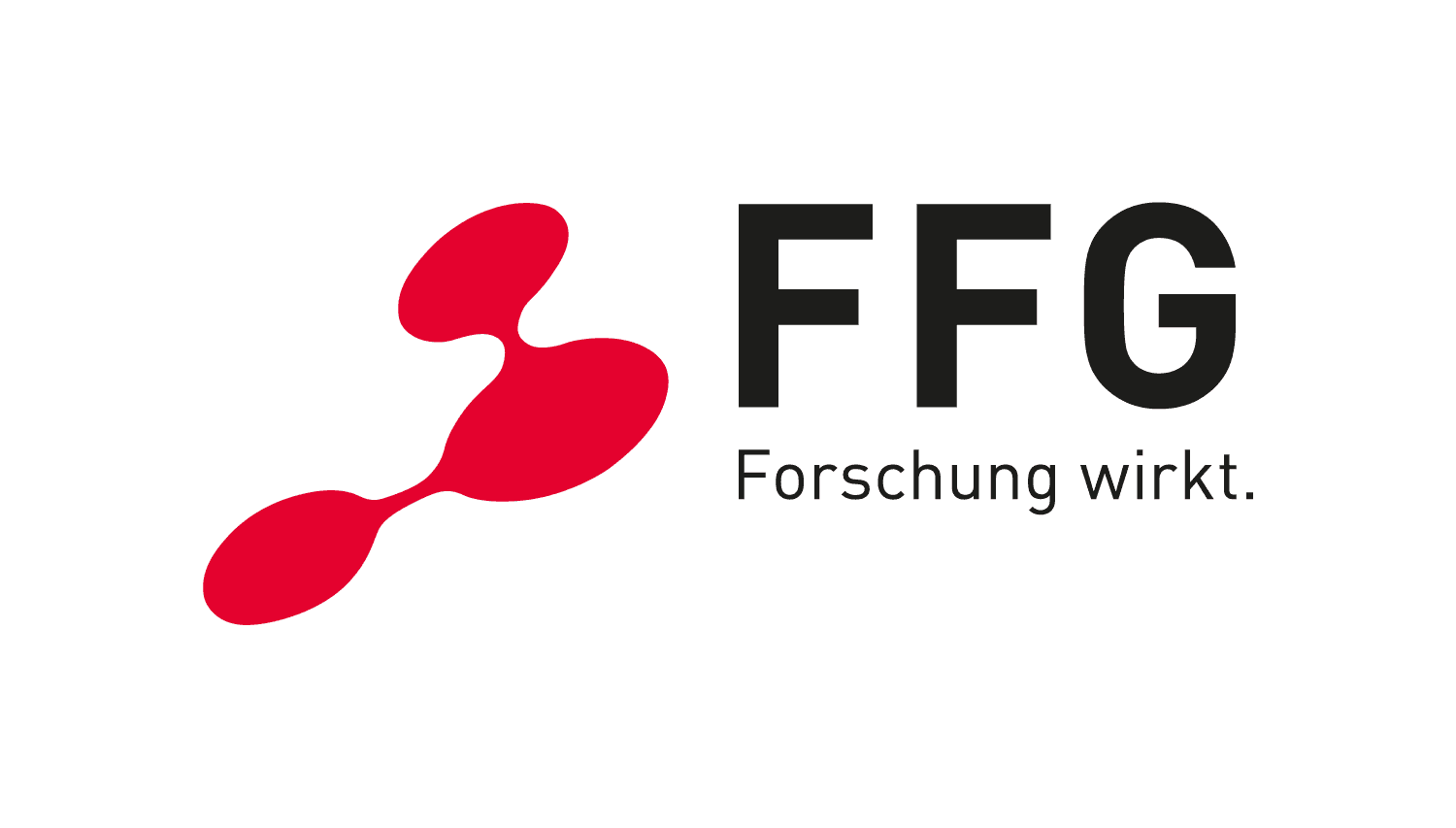IRS – Cargo
Digitization represents a major opportunity for the future viability of the rail system, and rail freight in particular. In this sector especially, international, interoperable solutions are of great importance, particularly with regard to increasing efficiency, expanding the range of services and opening up new business models. Otherwise, there is a risk of insurmountable competitive disadvantages vis-à-vis other modes of transport in the medium to long term.
Interoperability is a key factor in digitization. The basis for creating so-called interoperability is the standardization of technical interfaces of individual systems in the network, which enables correct, automated further processing of exchanged data. Communication standards allow a certain flexibility in implementation, so interoperability can only be achieved through the standardized application of these standards. This is achieved with the specification of so-called interoperability or integration profiles.
The use of harmonized technical standards is a central requirement of cost-efficient system integration. Standardized system interfaces thus contribute to investment protection, both on the part of users and manufacturers.
The aim of the exploratory project is to develop a modular process chain for achieving the interoperability of ICT systems in the rail sector. The underlying methodology for the project accompanies the entire path from the specification of the profiles (ICT interfaces) to the implementation of interoperability tests between the systems.
The exploratory approach aims at cross-sector learning and achieves faster results in the rail sector by using synergies from other sectors. Experience has shown that transferring the targeted methodology to another sector nevertheless involves effort, since ICT architectures and standards have also developed differently in each sector. Therefore, the transfer of established processes must nevertheless be adapted to the sector-specific requirements.
The innovative approach of the project is to reuse useful methodological knowledge from other sectors. With the development of the modular process chain, there is a suitable way to define, evaluate and test the interoperability of technical solutions. Existing initiatives will also be integrated and complemented with the following steps in the process chain.
The aim of the exploration is to adapt the established processes to the needs of combined and intermodal transport and to prepare an RDI project that will enable a first concrete implementation of the participative approach with suitable project partners. There is a great need for such a solution, especially in this area. Many actors are involved, which leads to many isolated solutions, system discontinuities and technology leaps, especially in IT systems. Accordingly, there is a demand for an end-to-end, transparent supply chain. This is also seen as a basic prerequisite for future competitiveness vis-à-vis the road.


Head of Competence Center Software Engineering & Architecture
Research Focus Manager “Data-Driven, Smart & Secure Systems